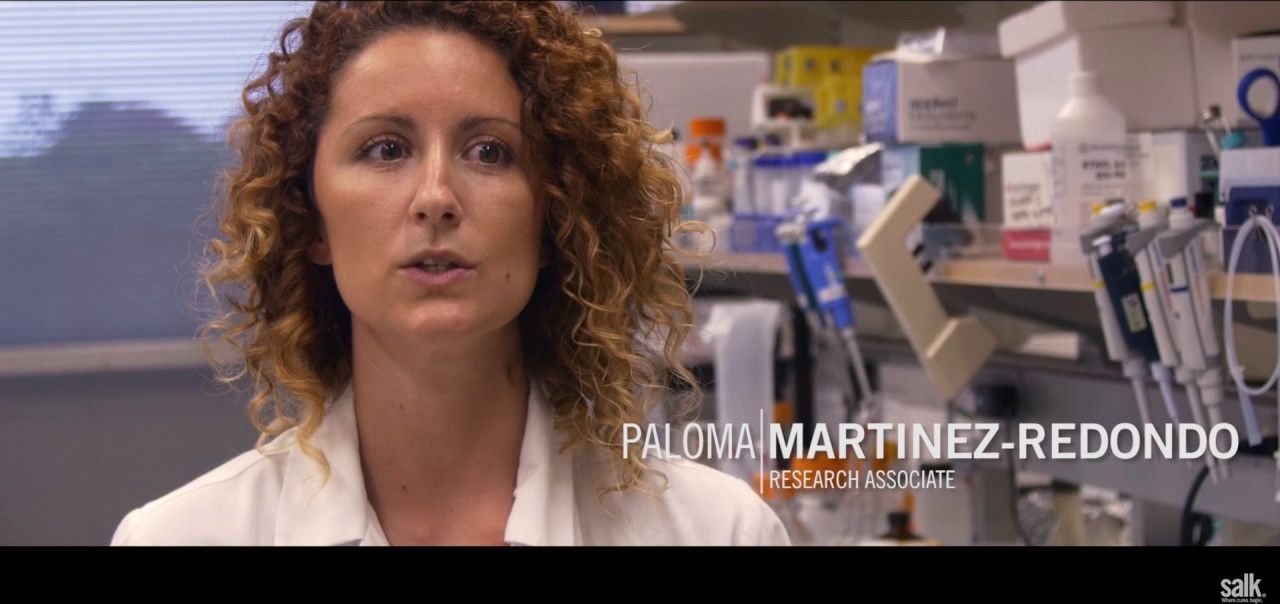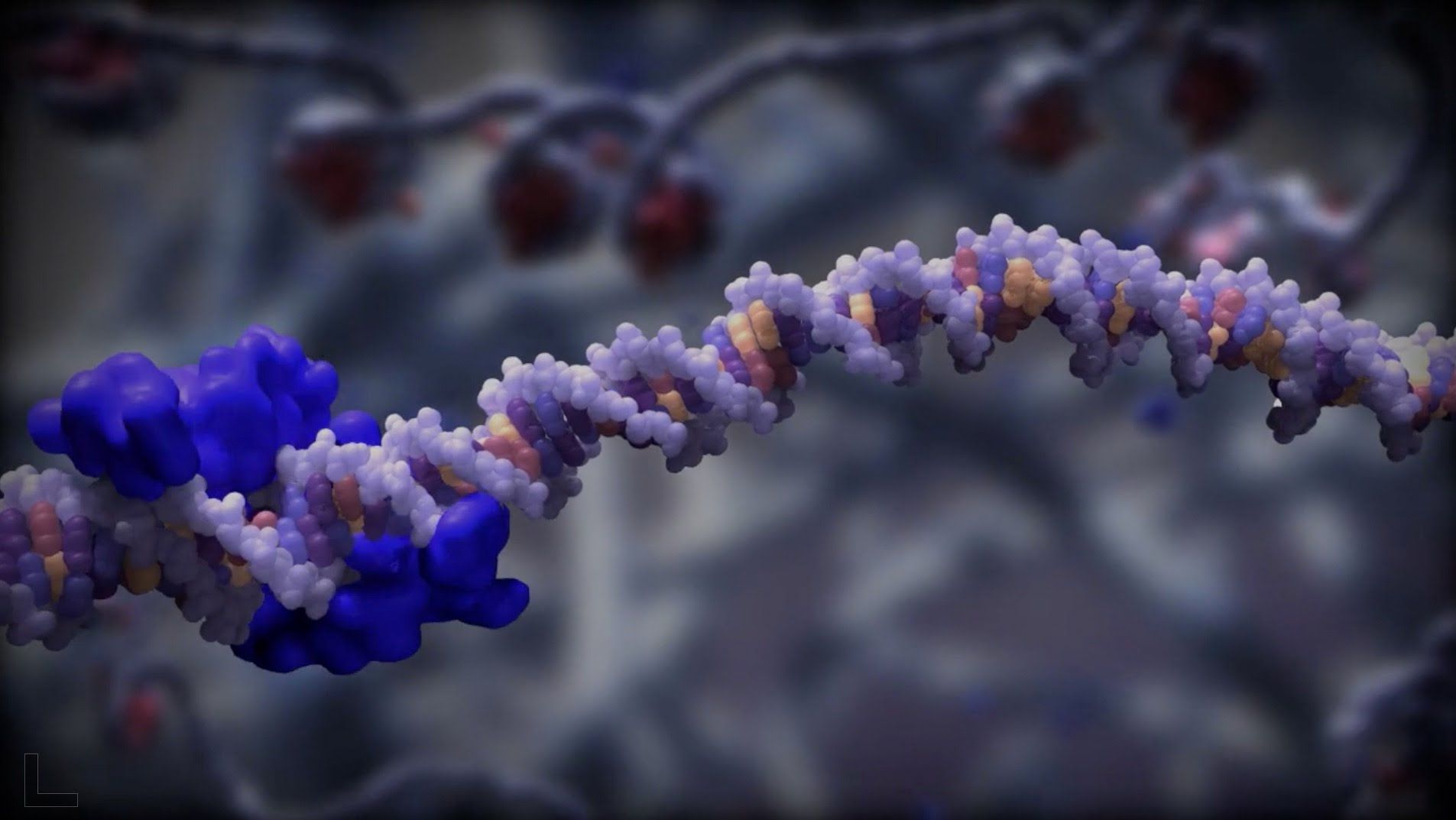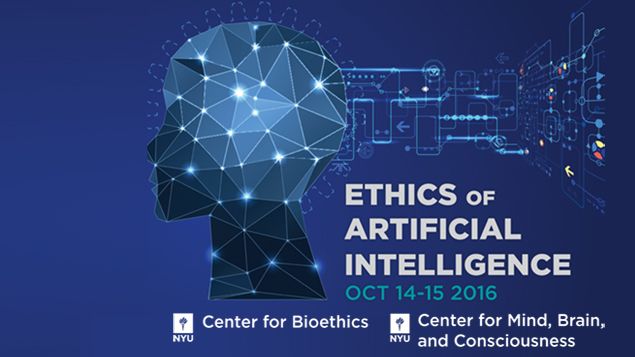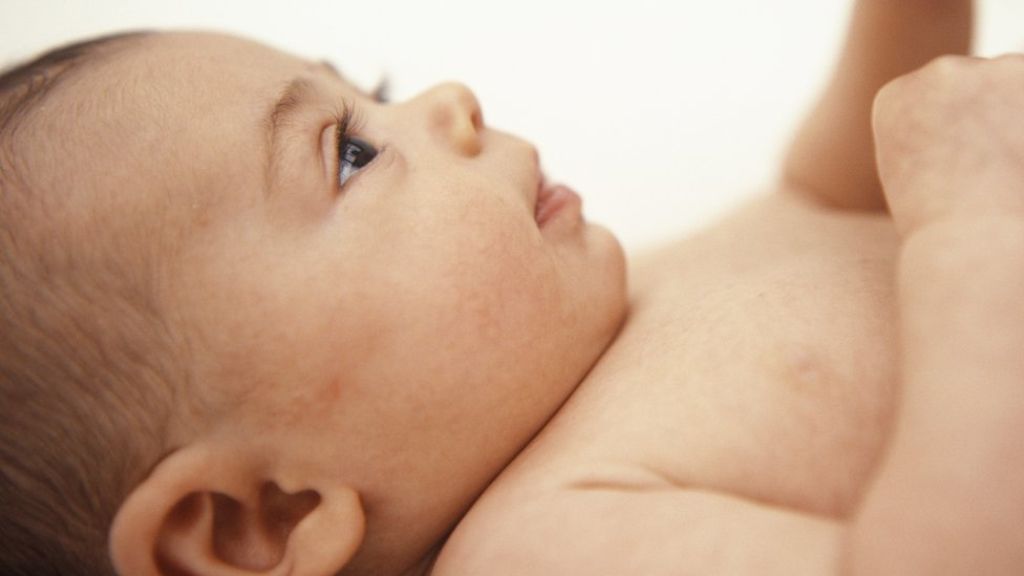Page 10618
Dec 15, 2016
Ageing process may be reversible, scientists claim
Posted by Shane Hinshaw in categories: biotech/medical, genetics, health, life extension

The team showed that a new form of gene therapy produced a remarkable rejuvenating effect in mice. After six weeks of treatment, the animals looked younger, had straighter spines and better cardiovascular health, healed quicker when injured, and lived 30% longer.
Juan Carlos Izpisua Belmonte, who led the work at the Salk Institute in La Jolla, California, said: “Our study shows that ageing may not have to proceed in one single direction. With careful modulation, ageing might be reversed.”
Continue reading “Ageing process may be reversible, scientists claim” »
Dec 15, 2016
Will Gene-Editing Technologies Spark the Next Cold War? They Already Have
Posted by Zoltan Istvan in categories: bioengineering, biotech/medical, genetics, transhumanism

Excellent article by Nick Gillespie, Editor-in Chief of Reason. Genetic editing is so far the 21st Century’s most important science—and it’s already being challenged by many as too radical: http://reason.com/blog/2016/12/15/will-gene-editing-technologies-spark-the #transhumanism #CRISPR #Future
The folks behind CRISPR gene editing were runners-up for Time’s Person of the Year. Their creation may win the future for secular China.
Continue reading “Will Gene-Editing Technologies Spark the Next Cold War? They Already Have” »
Dec 15, 2016
Can naked mole rats teach us the secrets to living far longer? Google thinks so
Posted by Steve Hill in categories: biotech/medical, genetics, life extension
It is looking increasingly likely the mysterious Google Calico have very modest ambitions regarding increased lifespans for humans given the comments made by Dr. Aubrey de Grey and others and the direction they are taking with their research. Modest increases of lifespan over the kind of robust therapies of SENS seems pretty dissapointing.
More about Google Calico and their aim to modestly increase lifespan. People like Dr. Aubrey de Grey and Nathaniel David from rising biotech star Unity.
“To some, Calico’s heavy bet on basic biology is a wrong turn. The company is “my biggest disappointment right now,” says Aubrey de Grey, an influential proponent of attempts to intervene in the aging process and chief science officer of the SENS Research Foundation, a charity an hour’s drive from Calico that promotes rejuvenation technology. It is being driven, he complains, “by the assumption that we still do not understand aging well enough to have a chance to develop therapies.” Indeed, some competitors are far more aggressive in pursuing interventions than Calico is.
Continue reading “Can naked mole rats teach us the secrets to living far longer? Google thinks so” »
Dec 15, 2016
Find Cosmic-Blast Shields, Find the Aliens
Posted by Carse Peel in category: alien life
Astronomers say they could detect signs of advanced civilizations by searching for their defense mechanisms.
Dec 15, 2016
Westworld Is Strikingly Real: AI Could Be Conscious and Unpredictable
Posted by Carse Peel in categories: neuroscience, robotics/AI
Westworld recently wrapped its first season with a few stunning twists and a stunning statistic: With a 12-million-viewer average, it was the most-watched first season of an original HBO show in the network’s history. Westworld concerns a perverse theme park, styled in the fashion of the American Old West. The park’s “hosts,” artificially intelligent beings physically indistinguishable from humans, begin to remember the horrifying experiences inflicted on them by the park’s “guests,” the humans who pay to visit and do as they please, including raping and killing hosts.
Robert Ford (Anthony Hopkins), the fictional cofounder of Westworld, built the park’s hosts with the ability to improvise and make decisions based on their environment—a vision of AI strikingly similar to the one held by Simon Stringer, the director of the Oxford Centre for Theoretical Neuroscience and Artificial Intelligence. Stringer is one of the field’s leading thinkers, and like Ford, he says machines with some internalized spatial and causal model of the world could achieve an intuitive, human-like intelligence.
In my conversation with Stringer about Westworld, we discussed what makes AI seem human, the potential threat AI poses to humans, the role of self-modifying programming, and the importance of the Turing Test.
Continue reading “Westworld Is Strikingly Real: AI Could Be Conscious and Unpredictable” »
Dec 15, 2016
Artificial intelligence creeps into daily life
Posted by Carse Peel in category: robotics/AI
San Francisco (AFP) — Mark Zuckerberg envisions a software system inspired by the “Iron Man” character Jarvis as a virtual butler managing his household.
The Facebook founder’s dream is about artificial intelligence, which is slowly but surely creeping into our daily lives, no longer just science fiction.
Artificial intelligence or AI is getting a foothold in people’s homes, starting with the Amazon devices like its Echo speaker which links to a personal assistant “Alexa” to answer questions and control connected devices such as appliances or light bulbs.
Continue reading “Artificial intelligence creeps into daily life” »
Dec 15, 2016
Ethics of Artificial Intelligence on Livestream
Posted by Carse Peel in categories: ethics, robotics/AI
Recently, New York University hosted a conference of philosophers, scientists and engineers discussing the topic of “The Ethics of Artificial Intelligence.” The conference was a virtual who’s who of artificial intelligence and machine ethics…
How Google used artificial intelligence to transform Google Translate, one of its more popular services — and how machine learning is poised to reinvent computing itself.
Dec 15, 2016
Babies made from three people approved in UK
Posted by Bryan Gatton in categories: biotech/medical, genetics
Babies made from two women and one man have been approved by the UK’s fertility regulator.
The historic and controversial move is to prevent children being born with deadly genetic diseases.
Doctors in Newcastle — who developed the advanced form of IVF — are expected to be the first to offer the procedure and have already appealed for donor eggs.
Continue reading “Babies made from three people approved in UK” »
















